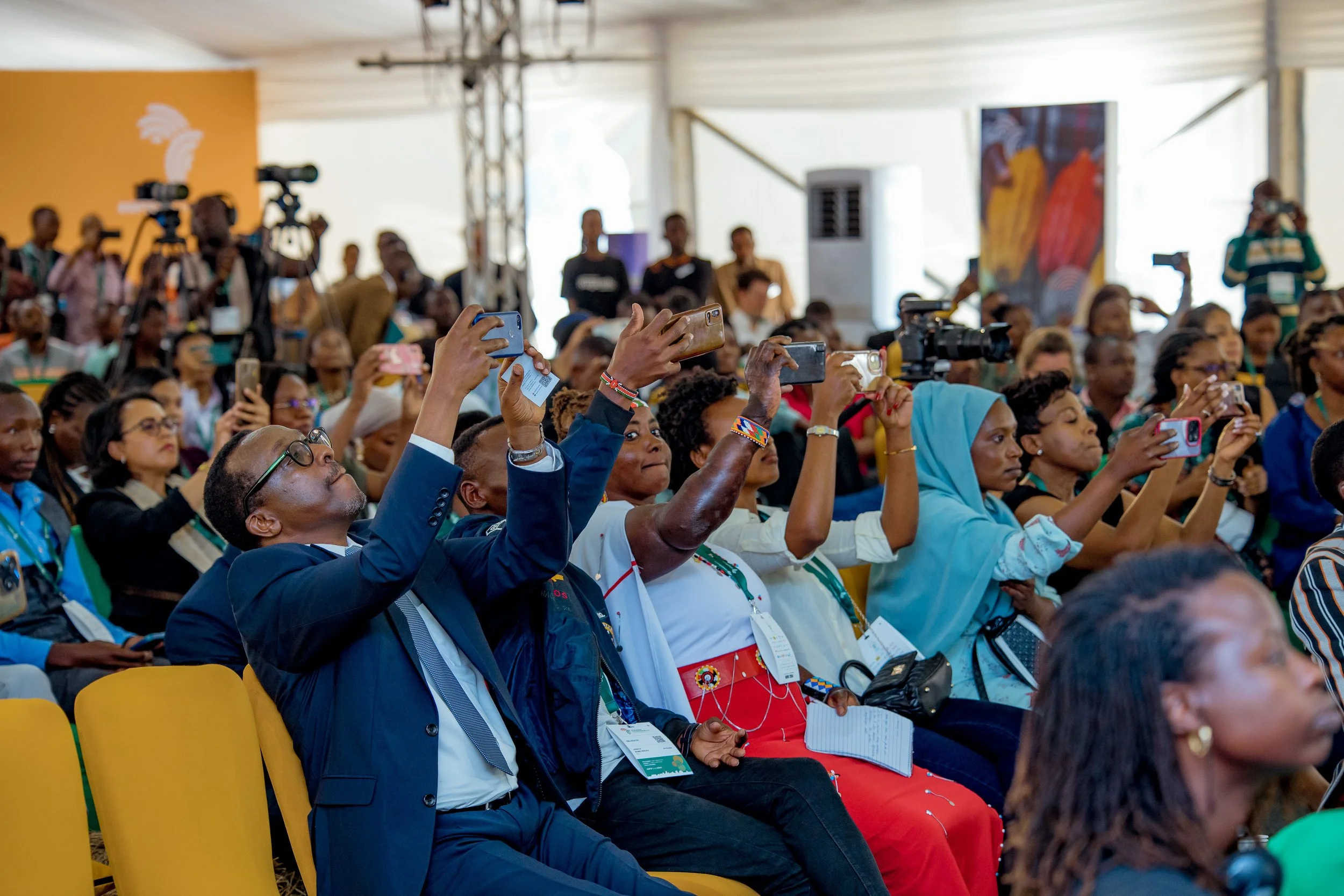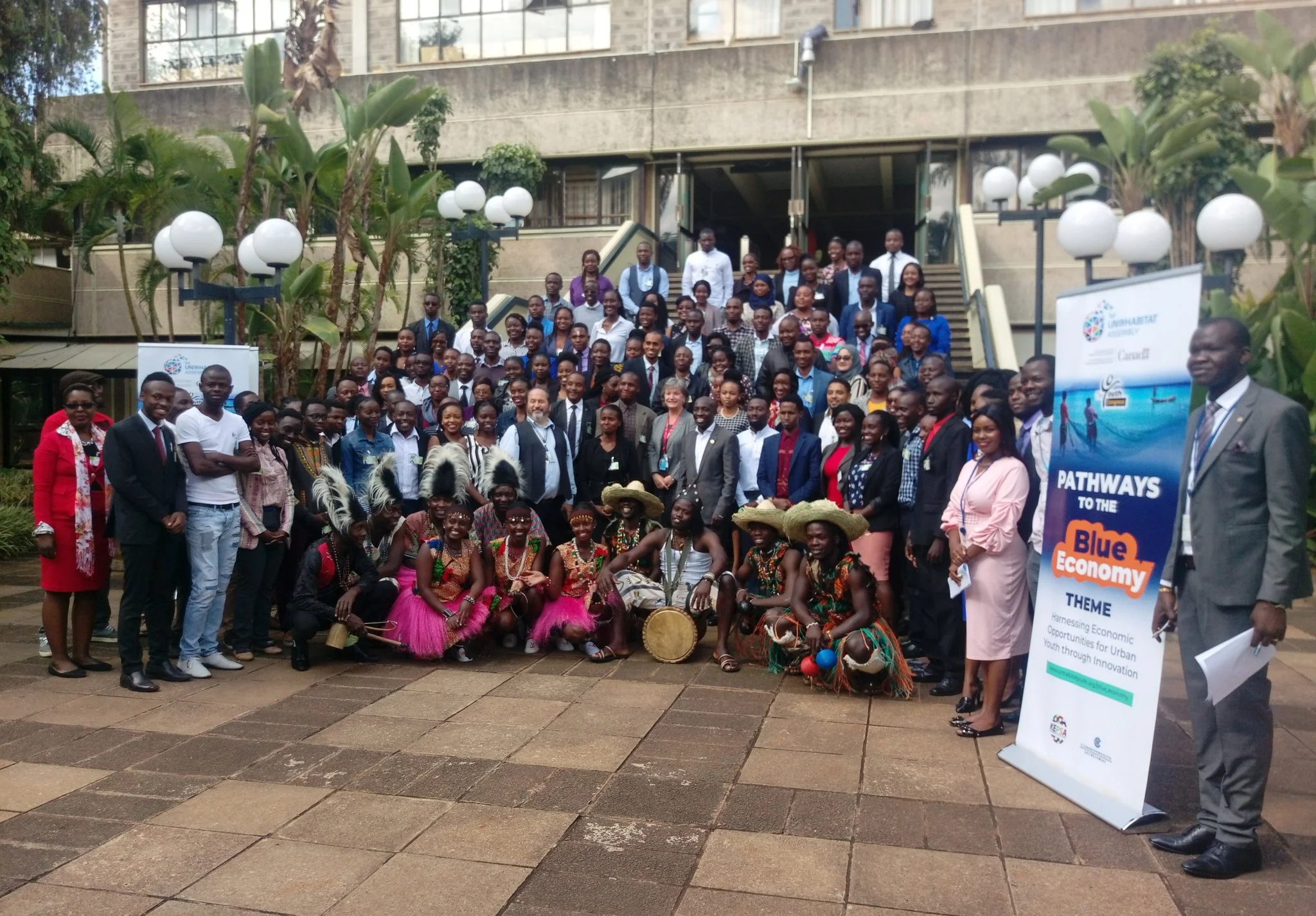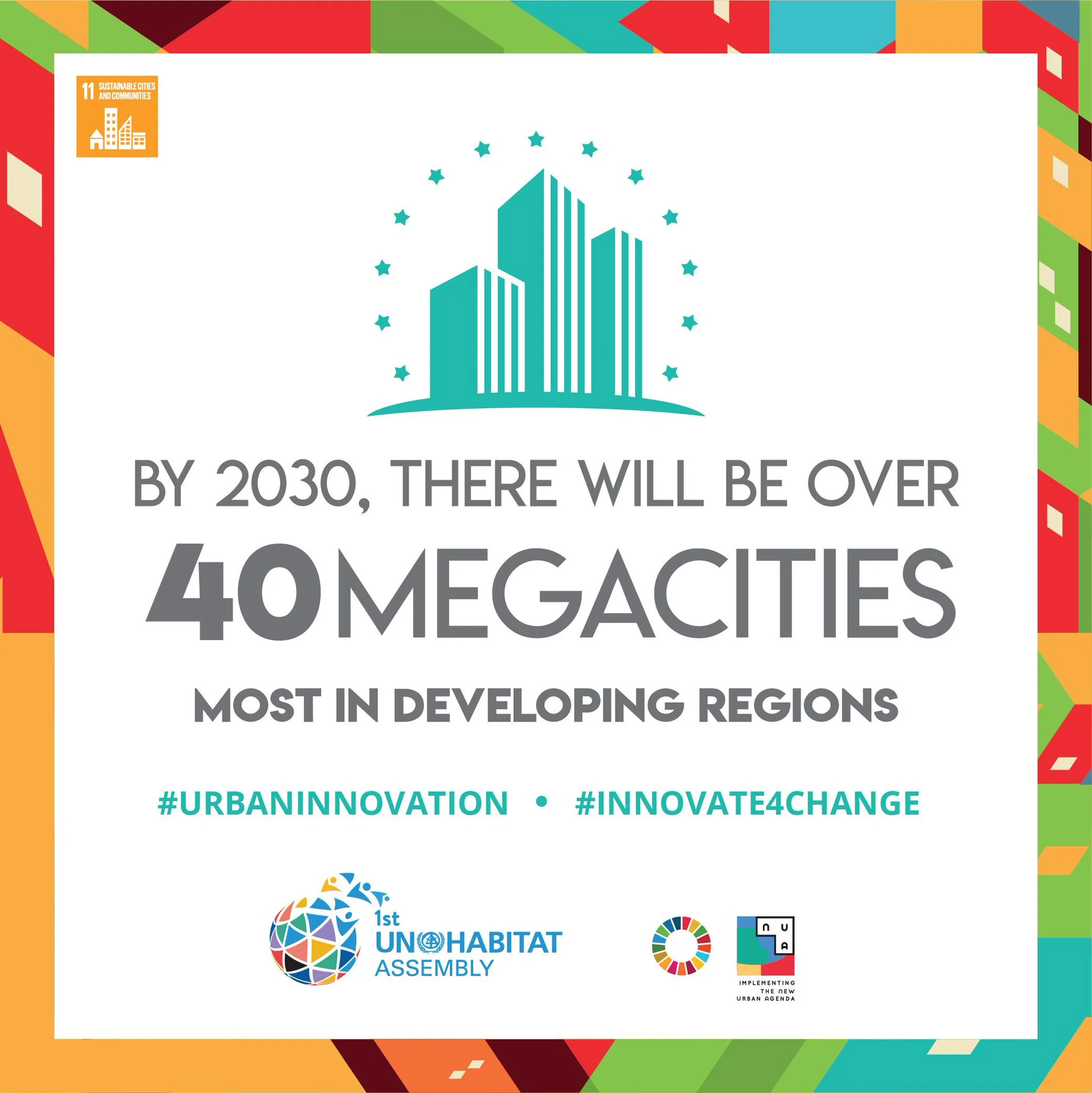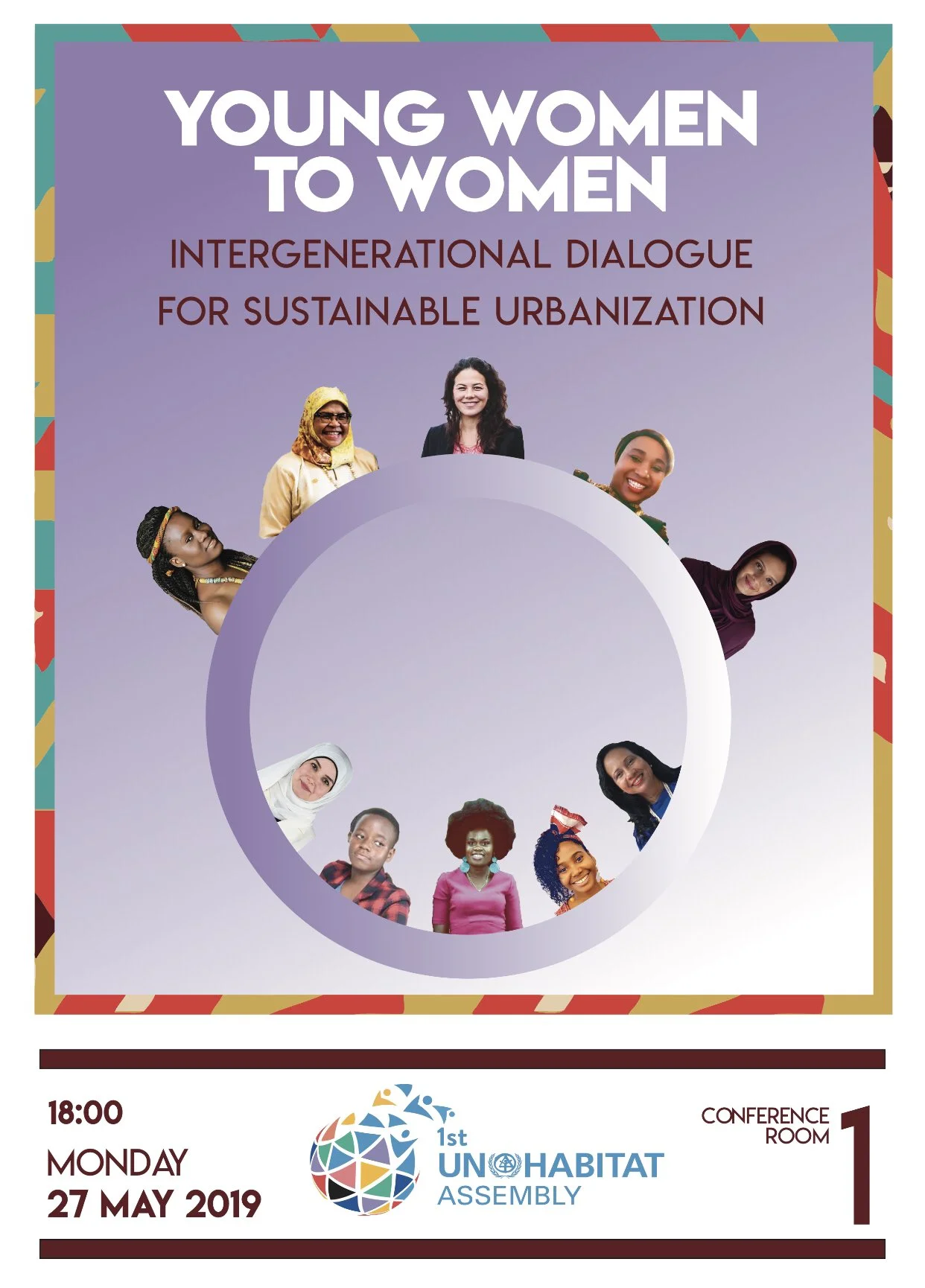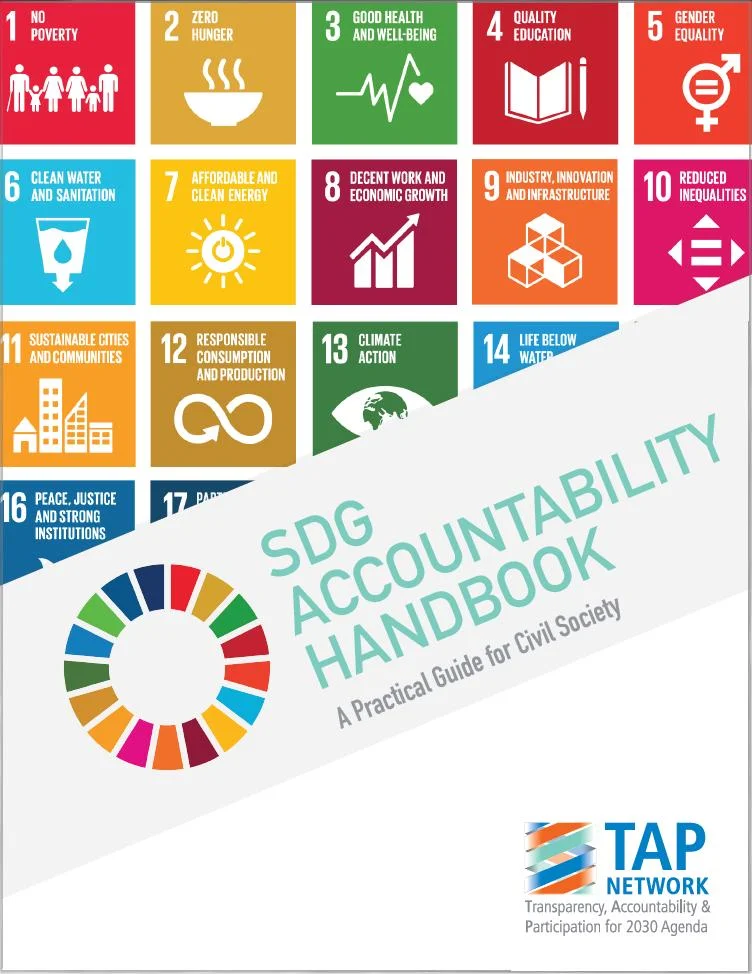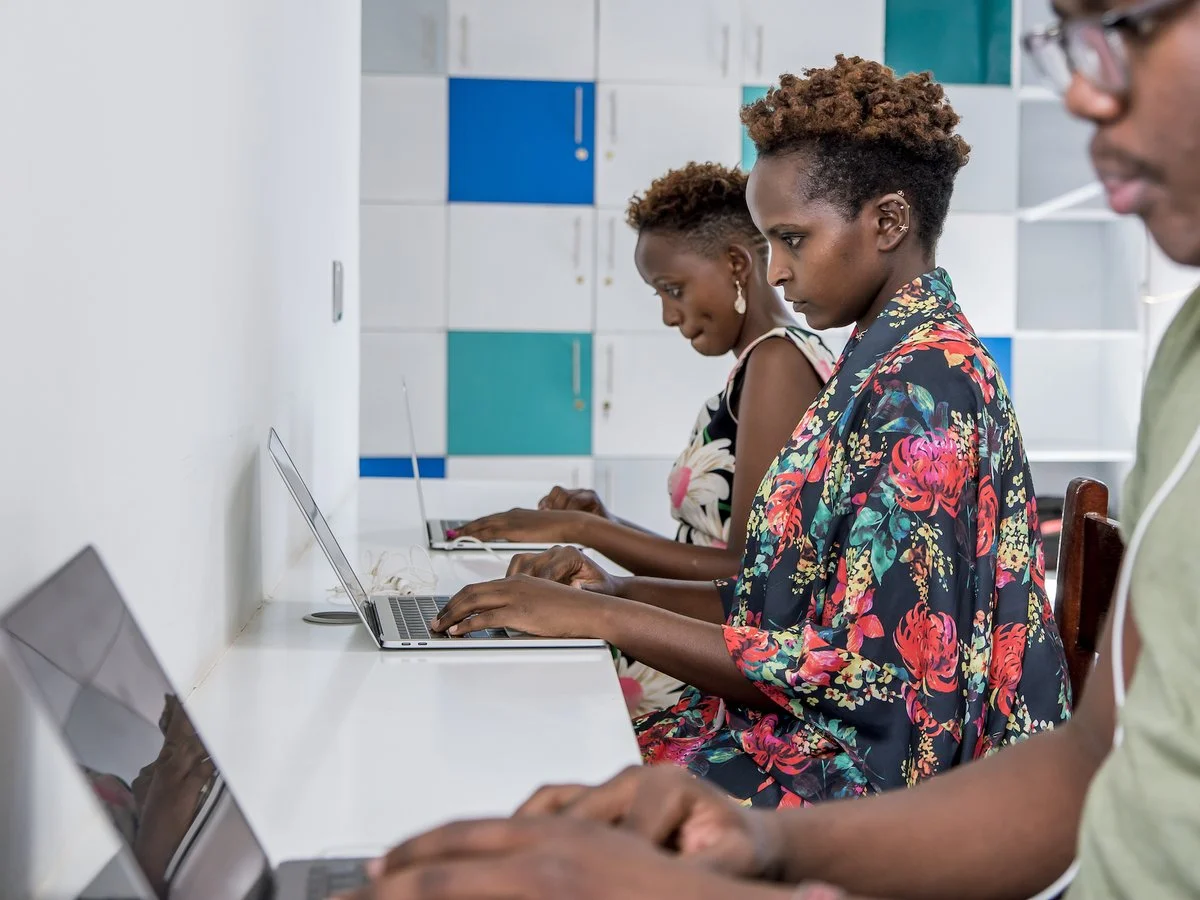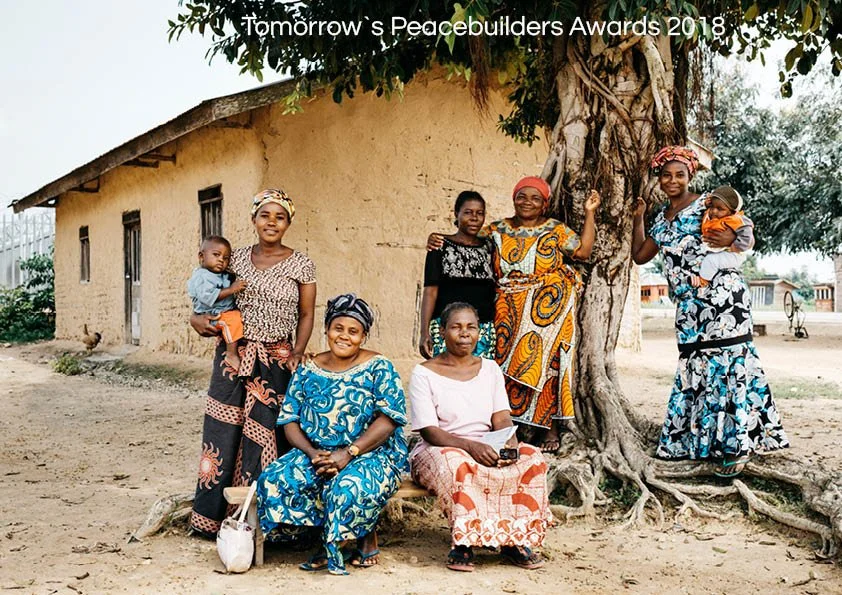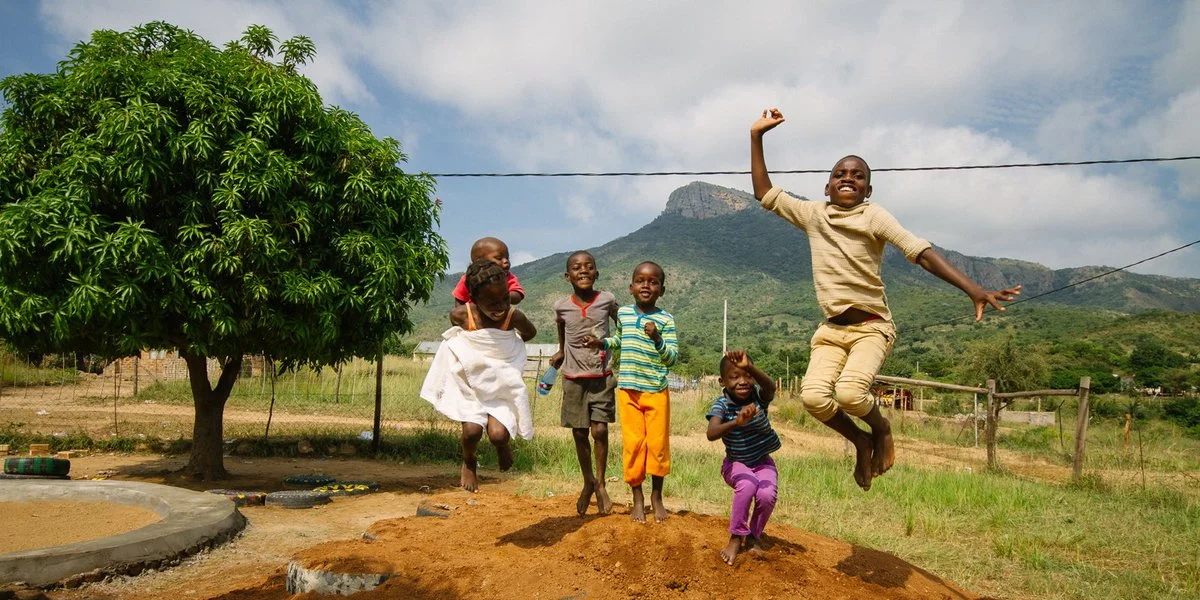Over 250 youth met with representatives of the private sector, government and the UN to explore ways to boost young people’s employment in the Blue Economy at the second conference on Youth and the Blue Economy.
UN-Habitat Assembly | High Level Session On Innovative Mobility For Sustainable Cities In Africa | The Youth Cafe
Mobility is an enabler of economic growth and social development. Rapid urbanisation and motorization are increasing traffic congestion in African cities leading to economic losses, air pollution and increasing fatalities and injuries from road traffic crashes. Public Transport in most cities is largely informal and tend to be both unreliable and unaffordable, while majority of urban dwellers are compelled to walk long distances in unsafe conditions to reach their destinations.
UN-Habitat Assembly | Young Women to Women, a Global Townhall | The Youth Cafe
The link between gender equality and sustainable urban development is undeniable. Sustainable Development Goal 11 issues a clarion call for humanity to work together to ensure that cities and human settlements are inclusive, safe, resilient and sustainable. This goal cannot be accomplished without addressing the specific need for safe, inclusive and affordable housing, transportation, public spaces and services for women and girls. Women and girls must also be empowered to deliver on their potential, to be full and equal participants in shaping the way cities are designed and function, from policy, to planning, and implementation.
First UN-Habitat Assembly | Innovation for a Better Quality of Life in Cities and Communities | The Youth Cafe
The United Nations Human Settlements Programme (UN- Habitat) will hold its first ever Assembly from 27 to 31 May 2019 in Nairobi, Kenya. The theme of the UN-Habitat Assembly is “Innovation for a Better Quality of Life in Cities and Communities – Accelerated Implementation of the New Urban Agenda towards achievement of the Sustainable Development Goals”.
Sustainable Development Goals Progress Report | The Youth Cafe
This report on progress towards the Sustainable Development Goals is submitted in response to the 2030 Agenda for Sustainable Development (General Assembly resolution 70/1). As the first cycle of SDG implementation and review comes to a close and Member States gear up for the High-Level Political Forum in July and five major sustainable development focussed meetings in September, this ‘Special Edition’ of the Sustainable Development Goals Progress Report was written in cooperation with the United Nations system Task Team on the High-level Political Forum, co-chaired by the Department of Economic and Social Affairs and the United Nations Development Programme.
Sustainable Developmen Goals Accountability Handbook Launch | The Youth Cafe
AFRICA WATCH: From Innovative Tailor-Made Messaging Apps, How Technology is a Liberating Force for women, to Whether Young People Can Lead Africa Into The Future | The Youth Cafe
Welcome to the latest edition of Africa Renewal Magazine re-produced by The Youth Cafe with permission from the Africa Section of the United Nations Department of Public Information. It provides up-to-date information and analysis of the major economic and development challenges facing Africa today. Among the major items it produces is the renowned magazine, Africa Renewal (formerly Africa Recovery), which first appeared in 1987. It also produces a range of public information materials, including backgrounders, press releases and feature articles. It works with the media in Africa and beyond to promote the work of the United Nations, Africa and the international community to bring peace and development to Africa.
Chairperson of the AUC formally unveils the 1 Million by 2021 Initiative at the 2nd Pan African Youth Forum | The Youth Cafe
Convened by the Bureau of the Chairperson and the Department of Human Resources Science and Technology of the AUC, the 1 Million By 2021 Initiative aims to concretely reach millions of African youth from across the continent with opportunities and interventions in the key areas of Employment, Entrepreneurship, Education and Engagement (4E’s), which will accelerate socioeconomic development on the continent. The initiative launch brought together over 400 young people from across the continent to co-create solutions on the 4Es. Development partners, the private sector, institutions of higher learning and the civil societies were also in attendance to engage with the youth and pledge their support for the initiative.
INVESTING IN YOUTH PEACEBUILDING CAPACITIES | Moving Towards Financial Sustainability | The Youth Cafe
Financial sustainability, i.e. the ability to operate on a long-term basis without threat of stopping work due to lack of financial means, is a critical challenge for all civil society organisations, particularly those engaged in peacebuilding activities which donors might view as ‘too political’ or risky. When organisations struggle to maintain the resources needed to carry out their missions, this reduces the ability of peacebuilding organisations to plan for the long term, develop autonomy, and react quickly to design and implement activities in volatile contexts.
This issue is particularly salient for organisations which rely on youth volunteers, or for youth-led peacebuilding organisations who face funding challenges. In the recent global study for UN Security Council Resolution 2250, an in-depth study of on-ground youth-led peacebuilding organisations revealed that half of the organisations participating operate on less than USD 5,000 per year, and most youth organisations tend to operate on limited-to-no funding, with an average of 97% of staff working as volunteers (UNOY, 2017). However, community members and key stakeholders view these organisations as key providers of the most effective and responsive peacebuilding work (UNOY, 2017; Peace Direct, 2018). Despite this, they face a myriad of funding challenges.
INVESTING IN YOUTH PEACEBUILDING CAPACITIES | Bridging the Gap Between Youth and Adult Peacebuilders | The Youth Cafe
“We must not only work for youth — we must work with youth. All of us will gain by doing so.”
– Jan Eliasson, Former Deputy Secretary-General of the United Nations
The work of youth in peacebuilding promises the potential of a tremendous peace and security dividend for governments and international actors. However, many young people are frustrated by the tendency of these actors treating them as a problem to be solved, instead of as partners for peace. Moreover, youth are largely isolated from non-family adults – spatially, socially, and psychologically. As a result, many non-youth peacebuilding organisations rarely interact with young peacebuilders.

